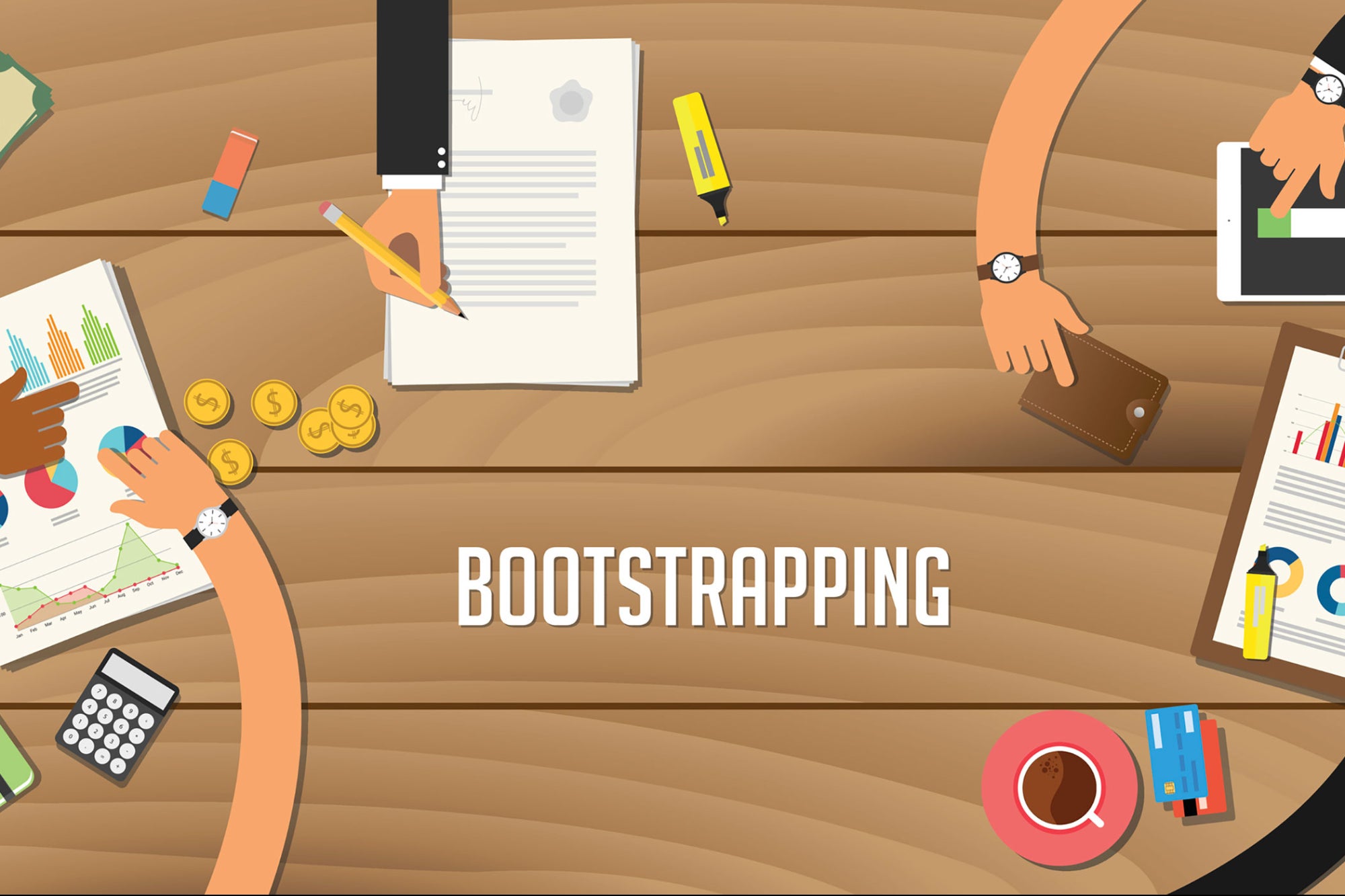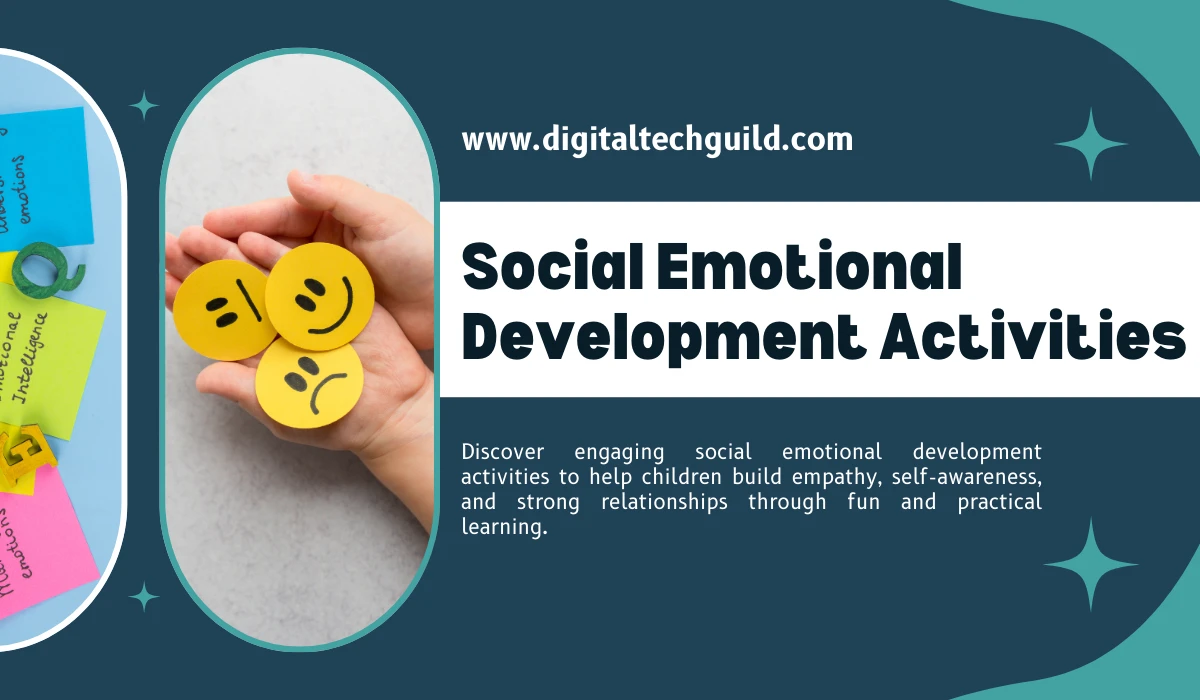Starting a business can feel like standing at the edge of a vast ocean, wondering how you'll ever get across. One of the most significant challenges is securing the right kind of funding to get your idea off the ground. In 2024, there are several funding options available, each with its own set of benefits and challenges. Let's dive into the top five funding options for startups this year.
Venture Capital

What is Venture Capital?
Venture capital (VC) is a form of private equity financing provided by venture capital firms to startups and small businesses with high growth potential. These firms invest in exchange for equity, or an ownership stake, in the companies.
Pros of Venture Capital
- Large Amounts of Capital: VC firms can provide substantial amounts of money, which can be crucial for scaling your business quickly.
- Expertise and Mentorship: Besides funding, VC firms often offer valuable business advice and mentorship.
- Networking Opportunities: VC-backed startups gain access to a network of industry contacts, potential partners, and future investors.
Cons of Venture Capital
- Equity Dilution: You have to give up a significant portion of your ownership.
- Loss of Control: Venture capitalists may want a say in company decisions.
- Pressure to Scale Quickly: There's often an expectation of rapid growth, which can be stressful and challenging.
How to Attract Venture Capitalists
- Solid Business Plan: Ensure your business plan is thorough, clear, and compelling.
- Traction and Growth Potential: Show evidence of traction, such as user growth or revenue.
- Strong Team: Investors look for a capable and committed team.
Angel Investors

Who are Angel Investors?
Angel investors are wealthy individuals who provide capital for startups in exchange for ownership equity or convertible debt. They typically invest their own money, unlike venture capitalists who manage pooled funds from many investors.
Benefits of Angel Investors
- Flexible Terms: Angel investors may offer more flexible investment terms compared to VC firms.
- Valuable Expertise: Many angel investors are successful entrepreneurs who can provide mentorship and industry insights.
- Speed: Angels can often make investment decisions quickly.
Drawbacks of Angel Investors
- Smaller Investment Amounts: The funding amount is usually less than what you might receive from VC firms.
- Equity Stake: Similar to VC, you need to give up some ownership.
- Potential for Disagreements: Close involvement can sometimes lead to conflicts over the direction of the company.
Tips for Finding Angel Investors
- Networking: Attend industry events, join startup hubs, and leverage social media.
- Angel Groups: Many angels are part of investment groups that pool resources to fund startups.
- Online Platforms: Use platforms like AngelList to connect with potential investors.
Crowdfunding

What is Crowdfunding?
Crowdfunding involves raising small amounts of money from a large number of people, typically via the internet. It can be donation-based, reward-based, equity-based, or debt-based.
Advantages of Crowdfunding
- Access to Capital: Crowdfunding allows you to raise funds without giving up significant equity.
- Market Validation: A successful campaign can validate your business idea and gauge market interest.
- Marketing and Exposure: Campaigns can create buzz and attract media attention.
Disadvantages of Crowdfunding
- Time-Consuming: Running a successful campaign requires significant time and effort.
- Public Failure: If the campaign fails, it’s visible to everyone.
- No Guarantees: There's no certainty you'll reach your funding goal.
Popular Crowdfunding Platforms
- Kickstarter: Ideal for creative projects and products.
- Indiegogo: Flexible funding options for various types of campaigns.
- SeedInvest: Equity crowdfunding platform connecting startups with investors.
Government Grants and Loans

Understanding Government Grants
Government grants are non-repayable funds disbursed by government bodies to support businesses, while loans are funds that must be repaid with interest.
Benefits of Government Funding
- Non-Dilutive: Grants don't require giving up equity.
- Credibility: Government backing can enhance your credibility.
- Support Services: Often accompanied by support services such as training and mentoring.
Challenges of Government Funding
- Competitive: Grants are highly competitive with rigorous application processes.
- Restrictions: Funds may come with specific usage restrictions.
- Delayed Disbursement: Approval and disbursement can take time.
How to Apply for Government Grants and Loans
- Research: Identify suitable grants and understand their criteria.
- Detailed Proposal: Prepare a detailed and well-researched proposal.
- Compliance: Ensure your business complies with all eligibility requirements.
Bootstrapping

What is Bootstrapping?
Bootstrapping means starting and growing your business using your own funds, or the revenue generated by the business.
Advantages of Bootstrapping
- Full Control: You retain full control over your business.
- Equity Preservation: No need to give up ownership stakes.
- Financial Discipline: Encourages careful and efficient use of resources.
Disadvantages of Bootstrapping
- Limited Resources: Growth may be slower due to limited funding.
- Personal Financial Risk: High personal financial risk if the business fails.
- Stress: The burden of funding the business yourself can be stressful.
Tips for Successful Bootstrapping
- Lean Operations: Keep your operations lean and cost-effective.
- Reinvest Profits: Reinvest earnings back into the business.
- Focus on Revenue: Prioritize strategies that generate immediate revenue.
Comparison of Funding Options
Pros and Cons Summary
Each funding option has its own set of pros and cons. Venture capital and angel investments provide significant funds and expertise but require equity and control sharing. Crowdfunding offers capital and market validation but is time-consuming and uncertain. Government grants offer non-dilutive funds but are highly competitive and restrictive. Bootstrapping preserves full control but involves personal financial risk.
Best Funding Option for Different Types of Startups
- Tech Startups: Venture capital or angel investors.
- Creative Projects: Crowdfunding.
- Early-Stage Startups: Angel investors or bootstrapping.
- Research-Intensive Startups: Government grants.
Conclusion
Securing the right funding for your startup is crucial for its success. Each option—venture capital, angel investors, crowdfunding, government grants, and bootstrapping—comes with unique benefits and challenges. It's essential to carefully consider your startup's needs, growth potential, and your personal preferences when choosing a funding method. With the right approach and determination, you'll find the perfect fit to help your startup thrive in 2024.
FAQs
Q. What is the most popular startup funding option?
Ans: Venture capital is often seen as the most popular due to the substantial funding amounts and support it provides.
Q. How can a startup increase its chances of getting funded?
Ans: A solid business plan, clear evidence of traction, and a strong team are critical to attracting investors.
Q. What are the risks associated with taking venture capital?
Ans: Risks include equity dilution, loss of control, and the pressure to achieve rapid growth.
Q. Is crowdfunding suitable for all types of startups?
Ans: Not necessarily. Crowdfunding works best for consumer-facing products and creative projects with broad appeal.
Q. Can a startup use multiple funding options simultaneously?
Ans: Yes, many startups use a combination of funding sources to maximize their financial stability and growth potential.












